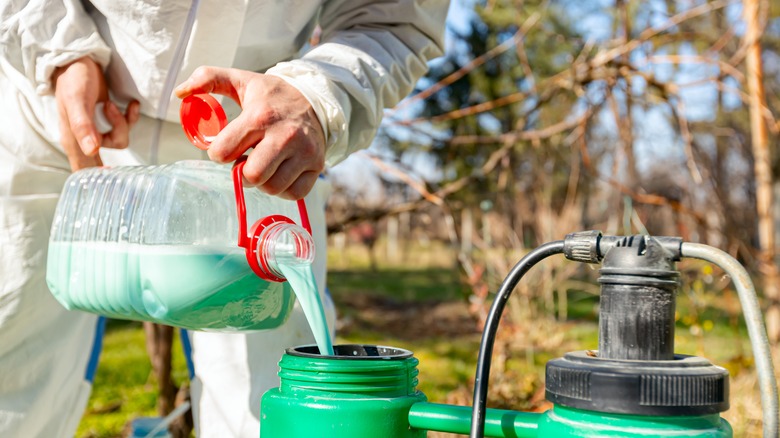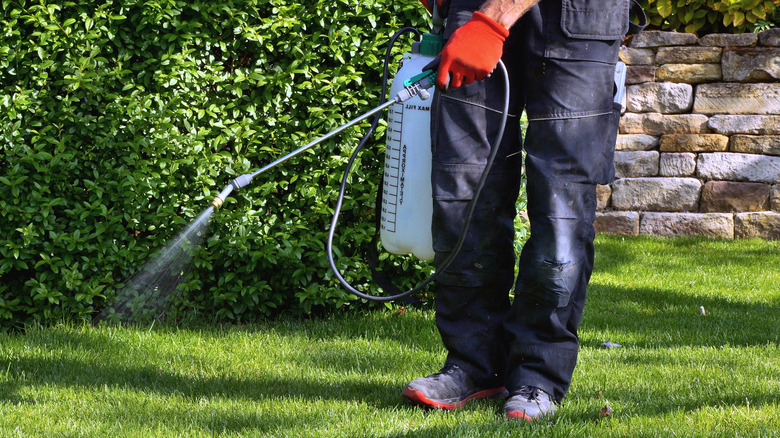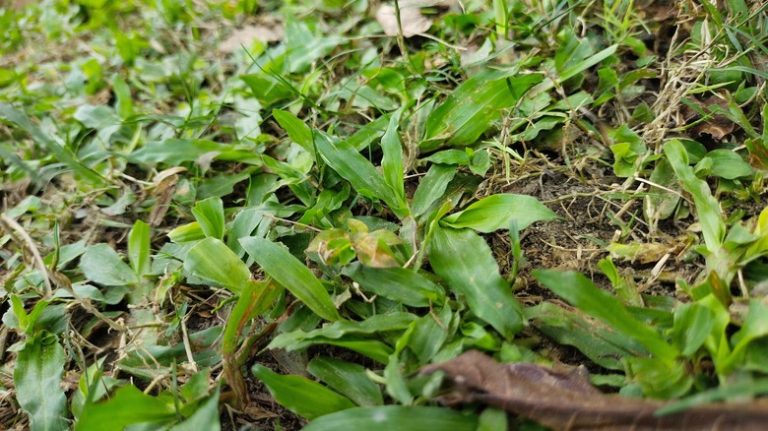When striving for that perfect, weed-free lawn, it can turn into a real tussle. You might be scratching your head, wondering if you can cut a corner or two when trying to get rid of weeds. This might mean hitting your grass with pre-emergent and weed killer at the same time. This is where things get a tad murky because there’s debate on this subject. Some experts caution against combining these treatments, suggesting that each should be applied on their own to be most effective. Yet, in any lawn care forum, you’ll find green-thumbed folks cheering you on, saying, “Go for it, mix away!” So it’s no wonder you’re left feeling a bit puzzled. The allure of tackling potential and existing weed woes at the same time is tempting. However, the effectiveness of this method may depend on the types of weeds you’re dealing with and the specific products you’re considering.
It’s also important to remember that using herbicides correctly is a matter of legal compliance. The Center for Invasive Species and Ecosystem Health throws a spotlight on the importance of adhering to herbicide labels. It’s a violation of federal law to use these products in any way that doesn’t align with their prescribed instructions. Before you even consider mixing or applying any products, you need to dive deep into those labels and understand how both pre-emergent and weed killers work.
Understanding how pre-emergents and weed killers work

Before deciding to apply pre-emergent and weed killer simultaneously, it’s important to understand the roles these products play and how they interact with your lawn. So, exactly what is a pre-emergent herbicide? Well, these are herbicides designed to prevent weed seeds from germinating, effectively stopping new weeds before they start. They can be selective, targeting only specific types of weeds while leaving the grass unharmed, or non-selective, killing any plant they come into contact with. Pre-emergent herbicides need to be applied at specific times to be effective, typically in early spring before weed seeds begin to germinate. Timing is crucial; applying too early or too late can render the product ineffective. Additionally, these herbicides require proper watering to be activated and form the barrier that prevents weed germination.
On the other hand, weed killers, also known as post-emergent herbicides, target weeds that have already sprouted and are actively growing in your lawn. Just like pre-emergents, they can also be selective. However, they can be applied whenever weeds are actively growing. These products often require direct contact with the weed to be effective, and their efficacy can vary based on the weed’s growth stage and the weather conditions. Some post-emergent herbicides might harm your grass if not used correctly, making it essential to choose a product that is safe for the type of grass in your lawn.
What are the alternative solutions?

Instead of juggling multiple herbicide types, you might find it smarter to go with a single, versatile option like dithiopyr, commonly known under the trade name Dimension 2EW Herbicide. This product offers broad-spectrum control, acting both as a pre-and post-emergent solution for weed management. You can pour it directly into the soil or integrate it into your watering routine. What sets Dimension 2EW apart is its ability to tackle crabgrass before it even breaks the surface, along with its effectiveness against a wide array of nearly 50 other grassy and broadleaf weeds. However, there’s a crucial consideration to keep in mind: Dimension 2EW demands precise timing. Its potency means that it can harm desirable grasses if their roots haven’t fully taken hold. This underscores the importance of applying it at just the right moment to ensure you’re combating weeds without jeopardizing the health of your lawn. Navigating this timing can be tricky, but getting it right means you benefit from comprehensive weed control with a single product.
If you’d rather opt for the simultaneous application of both pre-emergent and weed killer, identify the weeds in your lawn to choose the most effective products. Using a selective post-emergent herbicide that targets the specific weeds you’re dealing with can reduce the risk to your grass. Read and follow the label instructions carefully for both products. Mixing incompatible products can damage your lawn or reduce their effectiveness.



